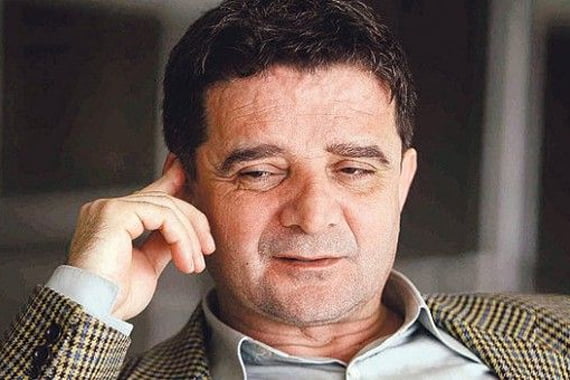State Islam versus civic Islam

Date posted: February 3, 2014
MÜMTAZER TÜRKÖNE
There is something unconvincing in the war the Justice and Development Party (AK Party) has been waging against the Hizmet (Gülen) movement. The AK Party is deliberately escalating tension and, through this method, it hopes to get rid of the corruption probe.
Using the Hizmet movement, it wants to create a common enemy that would be recognized as such by different social groups. It demonizes the movement and makes it a target of the social opposition. But all these tricks and methods do not eliminate one basic truth. There is an unusual experience in Turkey. There is an ongoing war between “state Islam” and “civic Islam.” There are two influential traditions of Islam: political and civilian Islam. The National Outlook movement, the main basis of the AK Party, pursued a strategy by which it attempted to seize control within the state through reliance on democratic methods. This political tradition has been in power for 12 years. The Gülen movement, on the other hand, tried to remain distant from political affairs and spread its message; this strategy worked very well. However, the political movement that acquired control in the state attempted to assimilate civic Islam through reliance on public advantages and tools. They also seized control within other civilian Islamic groups. But when it came to the main group, a very strong fight emerged. This confrontation is in the form of civilian Islam’s resistance to political Islam.
Islamism is a totalitarian system of thought that does not adopt a tolerant approach toward other ideologies. The AK Party attempted to seize control from within society by using the political and economic tools of the state. Through public tender commissions, it created a fund to establish this hegemonic structure in the civilian sphere. To this end, it made all independent and autonomous religious structures part of the state. The AK Party era will be remembered as a golden age for religious orders and communities. But this era will also be remembered as a period where the traditional autonomy of these groups was eliminated in the face of state power. This has been the case until the Gülen movement’s resistance against this move.
Of course, things should be understood properly. The AK Party’s policy vis-à-vis autonomous religious structures is not statization or nationalization. The AK Party did not make civilian structures part of itself through large amount of funds; it attempted to maintain control over them via the state. It removed the restrictions on religious education to address the complaints of Islamic groups; however, it expanded the sphere of state-sponsored religious education. This reflects the logic of this policy and action.
The war between political Islam, which seized control in the state, and civilian Islam seems to be an unfair war. However, the result of this disagreement is almost obvious. There is no chance that state Islam will win this war. The reason lies in the structure of the state power. The latest corruption probe shows that the power of political Islam in the state is not sustainable. Paradoxically, in order to protect itself, political Islam has to rely on corruption and bribery. If the patronage system is not sustained, the system will not survive. Just one strategy utilized to this end by the prime minister is how he maintains control over the media with the funds he receives from public tender commissions. The needs of the Islamic groups that were made part of the state should be supplied from the same source.
However, all the assets and advantages of civilian Islam are associated with it being removed from the state. This ongoing war shows that the Gülen movement is doing a great job. Civilian Islam is resisting against the Leviathan. The war is not over yet, but is it not a huge success that civilian Islam has survived against state Islam?
Source: Todays Zaman , February 3, 2014
Tags: Freedoms | Hizmet (Gulen) movement | Hizmet and politics | Turkey |
























